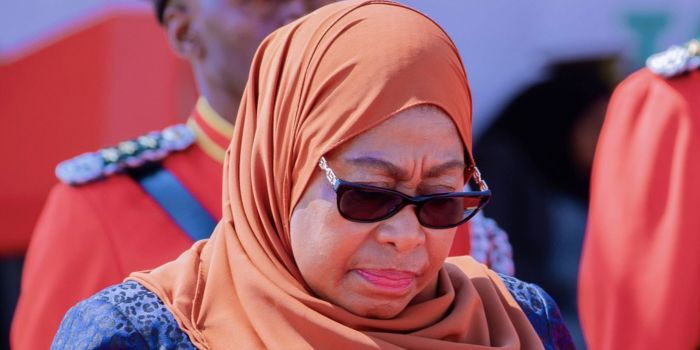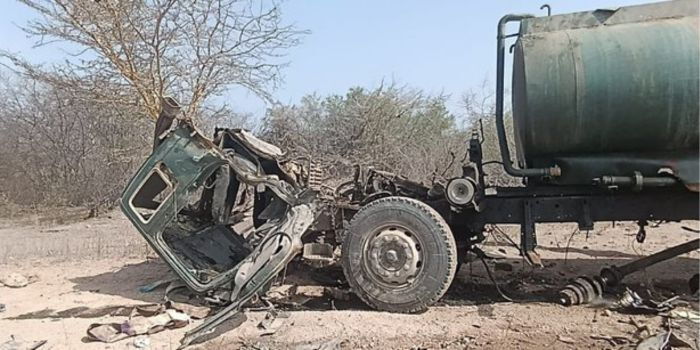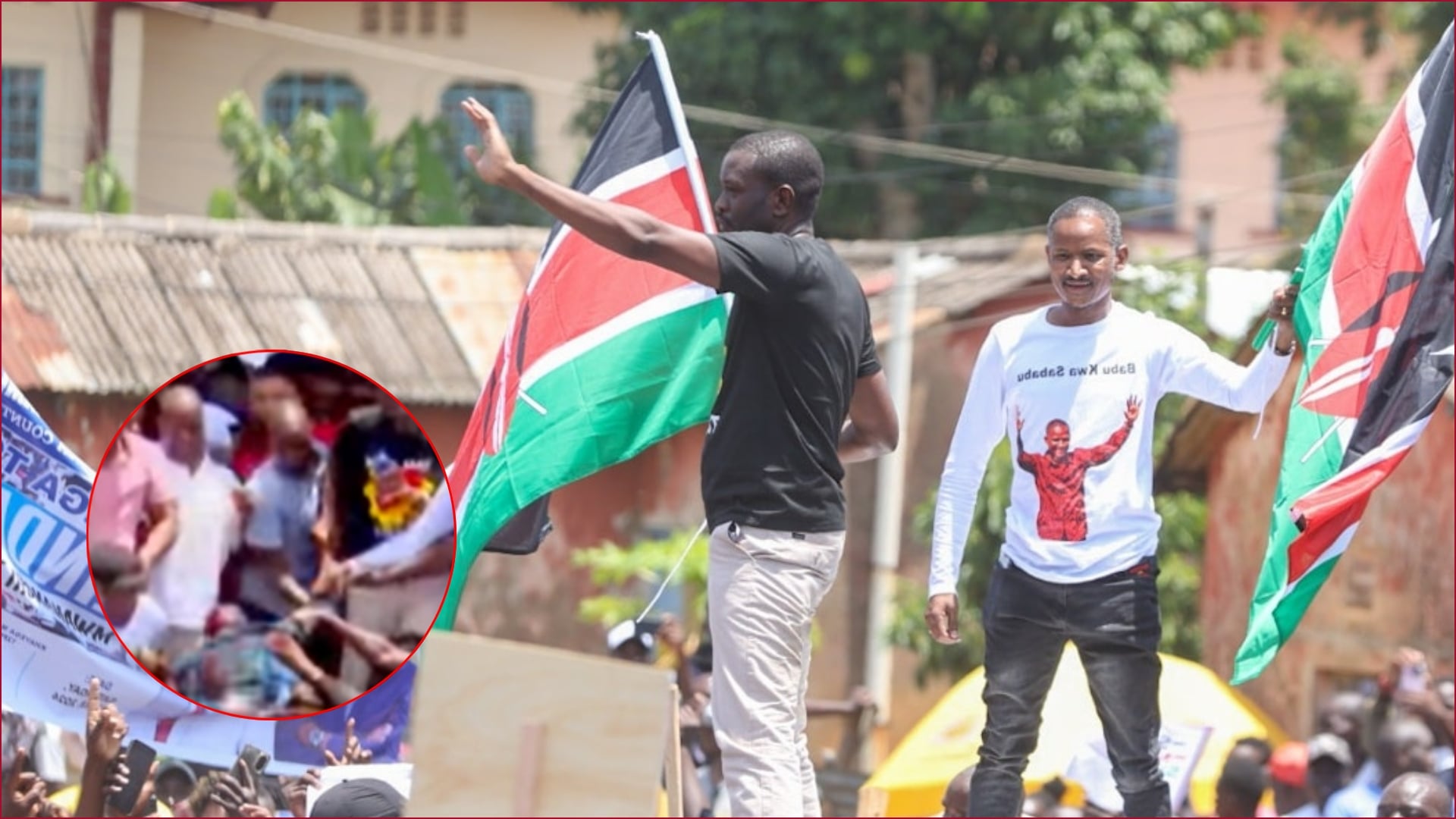In a dramatic disclosure, seasoned journalist Larry Madowo has published screenshots of purported mass text messages issued by the Tanzania Police Force to citizens, instructing them not to circulate photos or videos that could “cause panic” or “demean a person’s dignity” after internet services were partially restored following a nationwide blackout.
The messages are highly significant because they follow a five-day internet shutdown in Tanzania triggered during the country’s contentious 29 October 2025 presidential election—an event that raised widespread national and international concern over media freedom and transparency.
The Text Messages and Their Timing.
According to Madowo’s online post, the texts were sent off around midday on 3 November, shortly after the restoration of limited connectivity. The contents read: “Avoid sharing photos or videos that may cause panic or demean a person’s dignity. Doing so is a criminal offence, and if found, strict legal action will be taken.”
In conjunction with the message, global monitoring platform NetBlocks confirmed that while the internet had been partially restored, major social-media and messaging platforms remained either heavily restricted or unreachable.
Why This Reveals a Deepening Crisis.
This revelation raises serious questions about the balance between public order and free expression in the aftermath of the election. The move by police to issue mass warnings suggests a strategy of surveillance and suppression of evidence‐sharing during a period when the official narrative is under intense scrutiny.
The combination of a blackout and subsequent censorship efforts signals a heavier tilt toward information control.International rights groups and election observers have already flagged serious concerns about the Tanzanian electoral process, including arrests of protestors, curfews, and limitations on press access.
The new disclosures of the police texts add a further dimension—indicating that ordinary citizens and independent journalists may face punitive consequences for documenting events they witness.
Regional Ramifications.
The impact of these developments is not contained within Tanzania’s borders. Kenya and other East African countries are watching closely:The event sets a precedent for how regional governments may respond to electoral unrest—through information shutdowns and citizen surveillance.
Kenyan journalists and civil society organisations have been taking note: the tactics appear familiar, and the cross-border implications for press freedom are significant.
Foreign investors and governments view such information controls as indicators of political risk and instability; Tanzania’s ranking on governance and transparency metrics may shift accordingly.











Leave a Reply